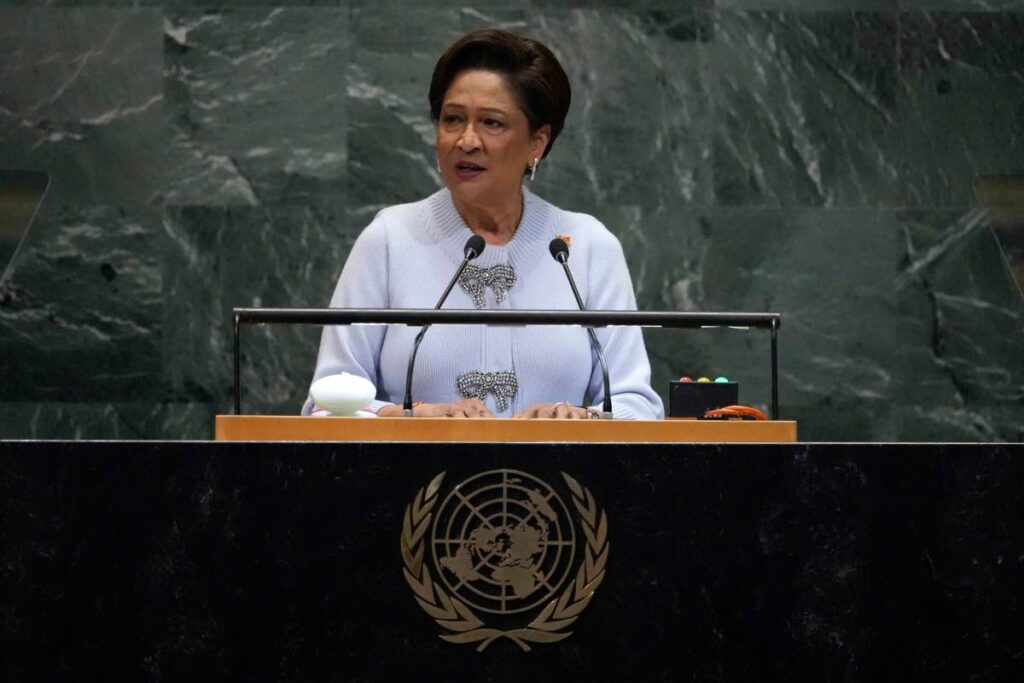A devastating tornado struck northwest Trinidad on October 7, causing widespread damage in Westmoorings, ripping off roofs, and leaving hundreds without power. The incident, captured on phone cameras, triggered panic and traffic chaos, though fortunately, no injuries were reported. The tornado’s formation was linked to soaring temperatures and shifting air columns, as predicted by the Met Service earlier in the month. This natural disaster occurred just days after Prime Minister Kamla Persad-Bissessar’s controversial speech at the United Nations General Assembly, where she criticized global climate change efforts as “blackmail” by developed countries and accused activists of an “antagonistic approach.” Her remarks, which also praised climate-sceptic Donald Trump, marked a stark departure from her predecessor’s pragmatic stance on environmental issues. The tornado has reignited debates over Trinidad and Tobago’s climate policies, particularly in light of the government’s continued reliance on hydrocarbon extraction. While the ruling UNC and opposition PNM spar over funding for the Met Service, the incident underscores the urgent need for a comprehensive environmental policy reset. Finance Minister Davendranath Tancoo’s upcoming budget presents an opportunity for the administration to prioritize diversification and reduce dependence on fossil fuels, as the country faces increasingly unpredictable weather patterns.
